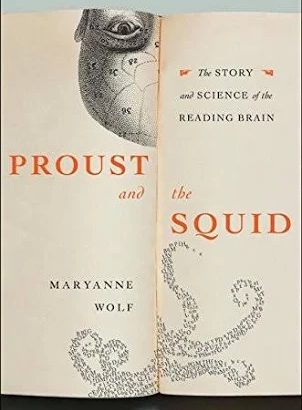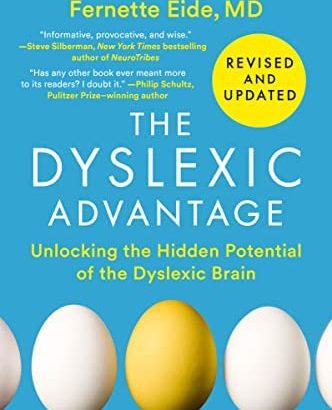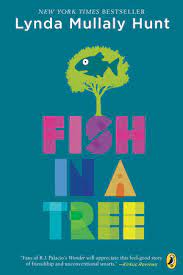
Noise, loud or soft, effects learning environments, especially for neurodiverse students. These students may have especially acute hearing, hear outside the normal range of human hearing, or have trouble sorting background noise from what they need to pay attention to. Loud Noise Can Be Problematic for Everyone Loud noise can harm our hearing, whether it […]








